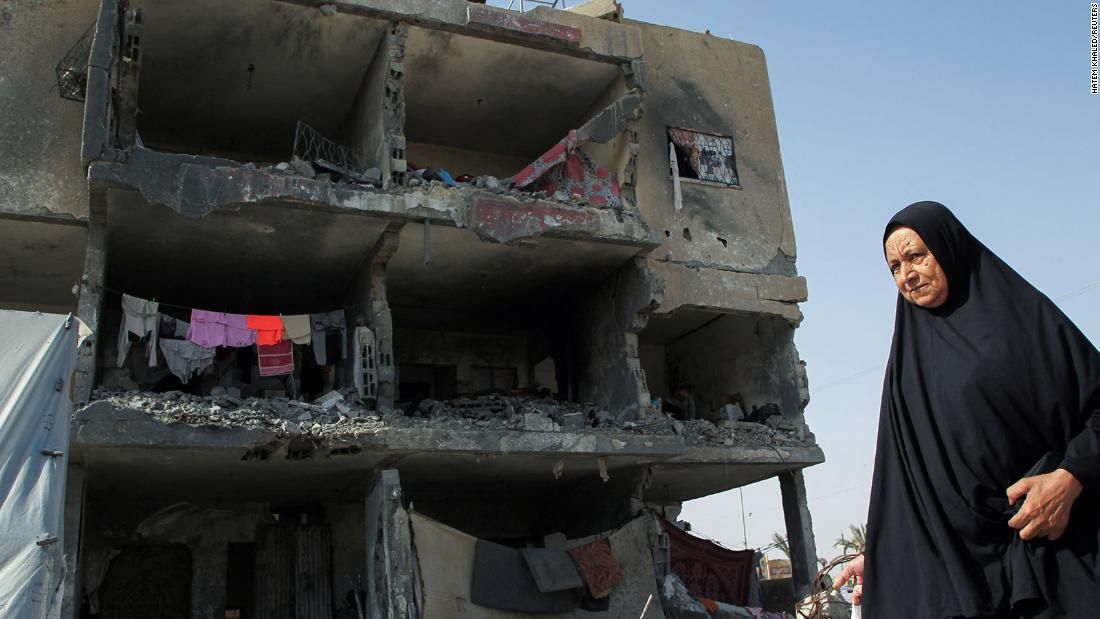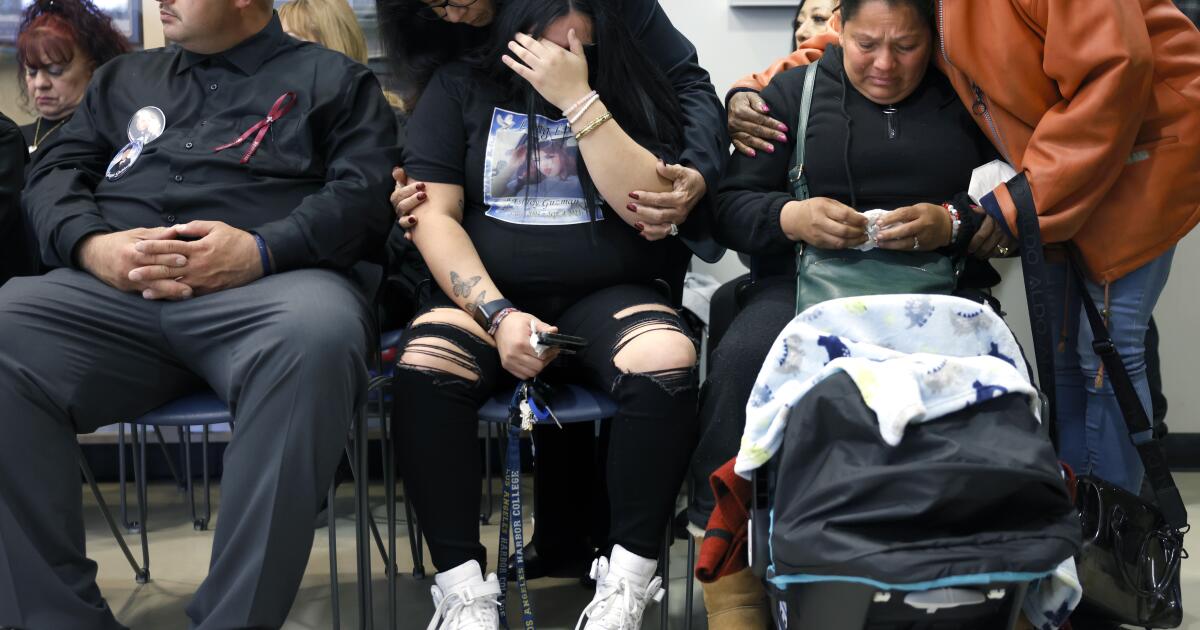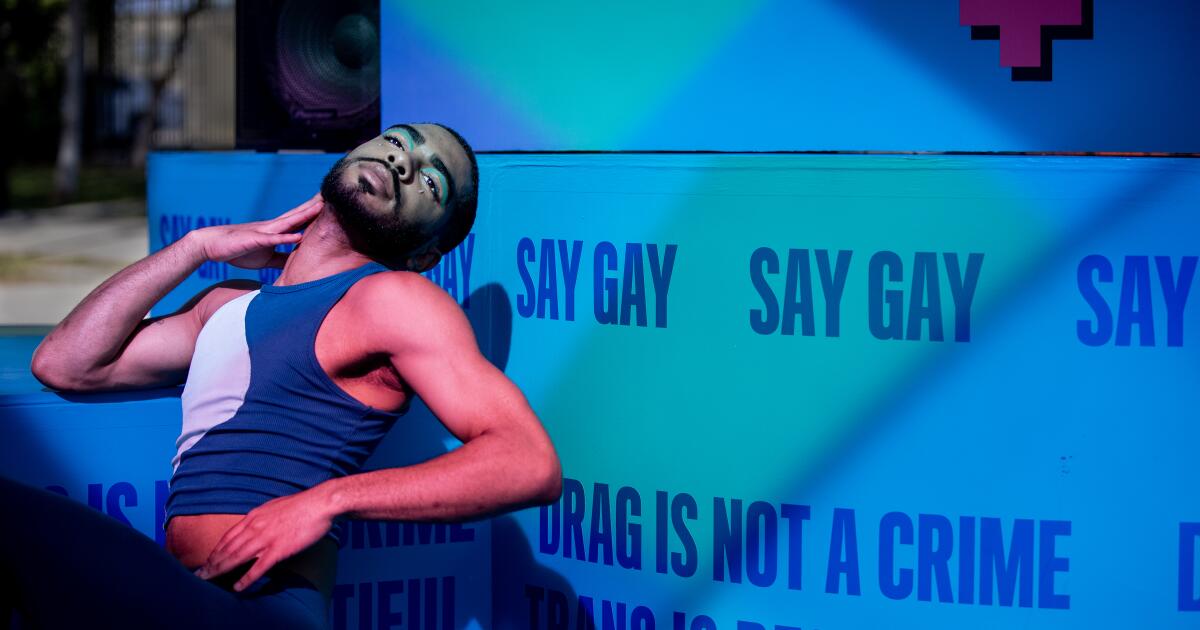The International Court of Justice is expected to rule today in a case against Israel brought by South Africa.
South Africa filed an urgent request on May 10 for additional measures in its genocide case against Israel, accusing it of using forced evacuation orders in the southern Gaza city of Rafah to “endanger civilian life rather than protect her.”
The accusation was rejected by Israel. Deputy Attorney General for International Law Gilad Noam said the picture South Africa painted was “completely divorced from the facts and circumstances”.
South Africa brought its claim to the International Court of Justice (ICJ), not the International Criminal Court (ICC).
The ICJ is the main legal arm of the United Nations. It is based in The Hague, Netherlands, and was created by the UN in 1945. It is a civil court and seeks to resolve disputes between states.
On the contrary, the The ICC is a permanent and autonomous court – not affiliated with the United Nations – that prosecutes individuals.
The court can only prosecute people from countries that have ratified the Rome Statute (which gives it jurisdiction) or if a crime has taken place in a signatory country.
This week, the ICC said it is seeking arrest warrants for Hamas leader in Gaza, Yahya Sinwar, and Israeli Prime Minister Benjamin Netanyahu, charged with war crimes and crimes against humanity over the September 7 attacks. October against Israel and the subsequent war in Gaza.
Israel does not recognize the ICC so the court has no jurisdiction over it.
Israel, however, is a signatory to the Genocide Convention, which grants jurisdiction to the ICJ.












